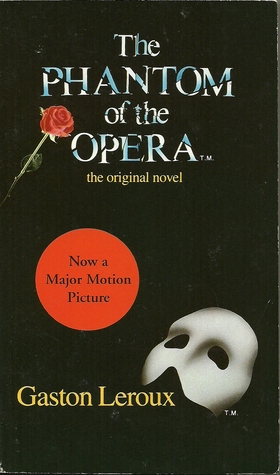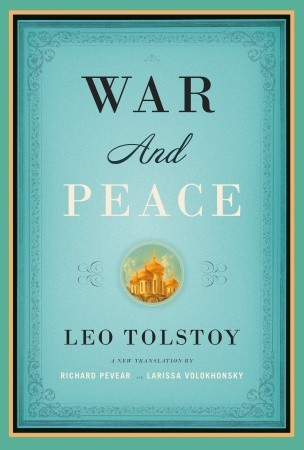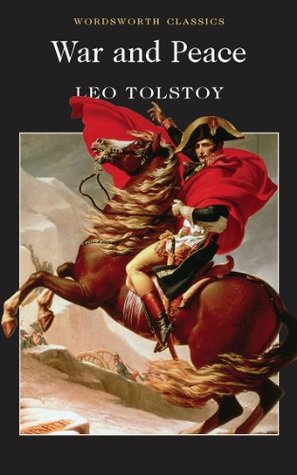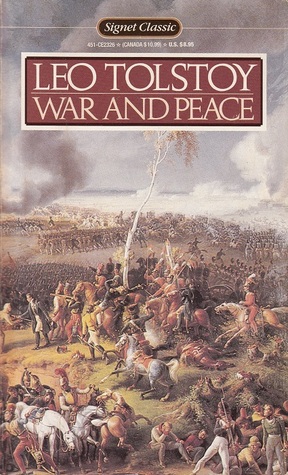Date finished: 16 April 2014
Got insomnia? Read The Lord of the Rings! Guaranteed cure!
Well, actually, The Two Towers was much better than Fellowship. I liked the second book a lot more than the first. To be honest, I should rate this 3 stars and the first book 2, as that would be more accurate as to how I felt about the two books. I really need to go back and downgrade my rating of the first book. Unlike FoTR, where it only gets interesting in the second part, TTT is only interesting in the first part. There is so much more action (though still not a lot) and the plot actually gets interesting. It's a shame that in the second part it gets boring enough. (Sorryyy, but I just don't care about Frodo, Sam, and Gollum.)
Much like Fellowship, Two Towers is, mostly, a few hundred pages of scenery. There is action, but if you look close at the text, you'll find that the majority of it is descriptions of scenery - Rohan, Fangorn, Ithilien, Mordor, etc. It's all scenery. And even though it's all scenery, I can't picture it in my head. This is why I love the movies - you can see the scenery in the background, without it being something you have to chug your way through, cursing Tolkien all the way. Do people actually like reading about scenery? Do they? Do they really? Because I sure don't. Give me action, cool dialogue, kickarse characters!
My sister told me that there were some funny parts in this book, and there was one: the Orcs in the last chapter were Spanish! They said Hola! Is that Tolkien's racism talking or what? Because I love Spanish and the Hispanic culture myself, I felt a bit offended. Why are the baddies Spanish? Why not French, or American? Jeez.
I, and probably everyone else, even those who love these books, had a problem with the different perspectives this book is written in. I liked reading about Aragorn, Legolas, Merry, and Pippin in the first part, but then I found it really hard to get through the second part, with just Frodo, Sam, Gollum, and Faramir. What Tolkien should have done is, like in the movies, mix up the chapters so that each chapter is about different characters. That way, the time frame isn't confusing, and you don't find the cure to your insomnia.
So I've been reading other people's reviews on Goodreads (the ones where they rated the book 2 stars), and I agree with most of their points. It's boring, slow, and the characters aren't likeable - or even realistic. And neither is the dialogue! I love good dialogue, in fact it's one thing that is essential in any story, and yet, the dialogue is these books is long and unrealistic. People don't talk like that now, and I don't think they talked like that even in Tolkien's time, or in medieval times. So why do the characters talk like that?
The characters are still pretty boring in this book. In the movie, I love the Three Hungers and Merry and Pippin. In the book, they're okay, but nowhere near as interesting (or entertaining). I have come to the conclusion that Tolkien really should have had an editor who knew about characterisation. And structure. And when too much is too much. There's also the relationships. These characters have really weird relationships with each other, and even though I've been told again and again that Tolkien didn't intend for there to be any homosexuality, I just cannot interpret Frodo and Sam's relationship as anything but gay. (May I point out that the first time I saw the movies, I shouted out "Just kiss!" at one stage?)
I know that most people don't like the songs in these books, but I found myself enjoying them. I think that they are very well-written (Tolkien should have stuck with songs and poems, I think) and offer a well-deserved break from the long passages of scenery. In fact, if the whole story were written as a song, I think it would be much easier to read.
I'm sure there are other things that I wanted to say about The Two Towers, but as I can't remember them right now, I'll finish this off with a warning: Don't read The Lord of the Rings unless you like falling asleep in the middle of a chapter and accidentally creasing the pages.
























